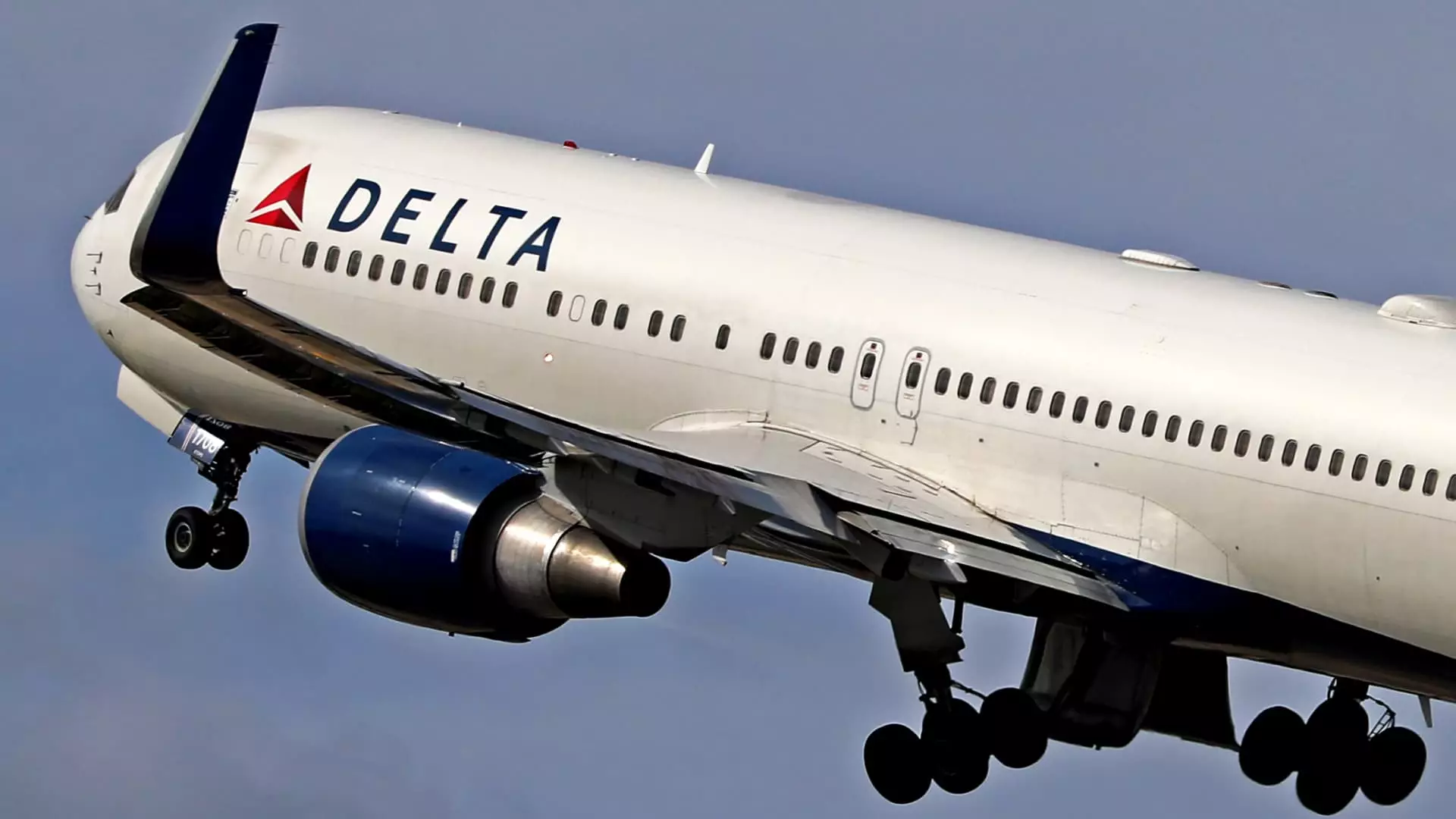The consistent decline of airline stocks is becoming more than just a financial hiccup; it might be a bellwether for deeper issues within the economy. Recent data indicates that stocks associated with major airlines, including Delta and American Airlines, are facing a significant downturn, with declines surpassing 5% in a single trading day. This downturn can largely be attributed to waning consumer confidence, which is likely forcing many to reconsider their travel plans—or forgo them altogether. It seems absurd that in an era when travel was heralded as a rebounding economic pillar, we’re now witnessing an alarming contraction, and yet here we are.
Tariffs and Spending: The Tipping Point
The twin factors of impending tariffs and a notable drop in consumer spending on air travel are not mere aberrations—they are indicators of a climate in disquiet. Reports from reputable financial sources suggest a massive 7.2% decrease in spending on airlines, which is particularly concerning in light of the broader context of a 1.5% increase in overall credit card spending. The disparity illuminates an unsettling truth: while people are spending on essentials and discretionary items, air travel is becoming a luxury they can no longer afford. As tariffs loom, pricing strategies by airlines may inadvertently push the cost of flights out of reach for a populace that is understandably hesitant.
Implications for Airline Industry Leaders
As the most profitable airline in the U.S., Delta’s recent downgrade from a ‘buy’ to a ‘hold’ rating reflects an eroding public trust and expectation for future growth. The shift places considerable pressure on CEOs and decision-makers within the industry. Nevertheless, paradoxically, Delta has increased its revenue share from premium services and credit card partnerships. This bifurcation—where wealthy travelers maintain their demand—highlights a worrying trend in an industry typically reliant on a broader consumer base. If airlines cater exclusively to affluent travelers, they risk alienating middle-income customers, thus exacerbating the downturn.
Broader Economic Ramifications
These trends are troubling not only for the airlines but for the socio-economic fabric overall. The NYSE Arca Airline Index’s staggering 18% drop in the first quarter signals that investors are increasingly dubious about the market’s potential for recovery. Further compounding the issue are warnings from industry strategists about soft domestic travel demand, which plays a pivotal role in the financial health of airlines. If consumer spending continues to falter, we may witness not just a stagnant industry, but one that spirals into further deficits.
It’s crucial to recognize that these viral economic challenges are not confined to airlines alone; they may prefigure broader trends across various sectors. If consumers perceive a threat to their economic stability, their hesitancy to invest in travel may signal a ripple effect that reaches far and wide. In essence, the airline industry’s struggles may just be the canary in the coal mine for a much larger crisis on the horizon.


Leave a Reply